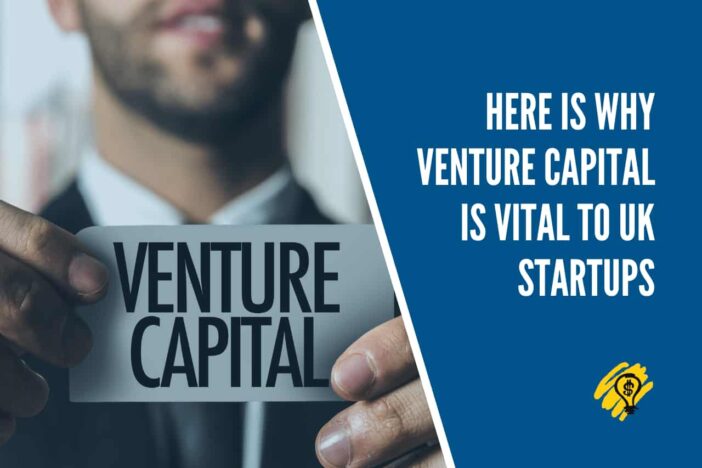Statistically speaking, the UK is one of the best places in Europe to launch a start-up company, with over 500,000 new startups founded every year. The reason behind this is the ease of founding a company in the UK and the general attitude towards the start-up market, with hundreds of investors ready to give you the seed capital you need to quickly reach your business potential. Venture capitalists are investing left and right into up-and-coming businesses that show promising prospects, especially fintech companies, which are, at least for now, all the rage.
Skeptics are saying that this is a bubble that’s about to burst. As less and less ground is left unexplored and the chances of a start-up turning out to be a “unicorn” are dwindling, venture capitalists end up having a detrimental influence on small businesses. As soon as a project doesn’t seem to be bearing fruit quickly, they cut off funding. Others believe those venture capitalists are an essential driving force for start-up success as well as innovation and growth of the economy. One such man is a Georgian entrepreneur and investor David Kezerashvili of InfinityVC. He has been quoted numerous times saying, “Venture capitalists are an integral part of the tech-start-up ecosystem.”
Why Would Any UK Startup Be Against Venture Capital?
At first glance, venture capital offers businesses the seed capital they need to grow without the usual financial challenges and time it would normally take before reaching profitability quickly. It seems like this would be the most efficient way of developing new tech companies, allowing them quickly to develop and offer a product or service before the ever-accelerating march of technological progress leaves them in the dust.
The main reason given for avoiding venture capital early in the development of your business is that the founding entrepreneur is said to lose control over his company once it takes off, and the investors replace them with a CEO since they don’t want to risk a potentially profitable venture failing due to poor or inexperienced management.
Many specialists advise entrepreneurs to delay taking on venture capital until their company has grown enough, and they have grown with it, that it becomes the investor’s best interest to allow them and their vision to be in charge of things. There are others yet that point to giants such as Bloomberg and Dell, which avoided venture capital entirely and managed to develop immensely successful businesses. Despite being the largest start-up hub in Europe, the UK is having trouble producing successful companies in the long term. Critics say that this is due to venture capital not allowing a company to follow its natural development process.
Why The UK Tech Startup Landscape Needs Venture Capitalists
Kezerashvili believes that “Venture capital is the lifeblood of a thriving economy and crucial for the growth of the tech industry.” Why? Despite new tech businesses being a risky investment, there is a reason for venture capital to get in early before the startup shows signs of long-term profit. Here it:
The pragmatic truth is that there are few entrepreneurs with such savvy instincts as Mike Bloomberg or Michael S. Dell. While the public is enamored with young mavericks who use nothing other than their passion and vision to raise a company from the ground up, be it digital or physical, these mavericks rarely have the know-how and experience to properly manage their company. The investors often manage to save a good business from a bad businessman, as was the case with Uber’s Travis Kalanick.
Kezerashvili’s Infinity VC is currently investing in a number of UK start-ups, and he believes that without the opportunity provided by venture capital, many great ideas would die before getting a fair chance. Statistically speaking, most start-ups fail due to reasons which could be avoided in an investor-entrepreneur partnership. The support from venture capital is much more than money. Connections and guidance are but two things that a man with a plan and not much else would direly need to get his project off the paper and into the real world.
Successful Venture Capitalists and Entrepreneurs Are Partners
The UK’s tech start-up ecosystem is still holding strong despite Brexit and the COVID pandemic, partly due to venture capital, which allows entrepreneurs to keep building business and exploring new and innovative tech in these difficult times. As the cost of developing ground-breaking tech grows, so does the need for investors that understand and appreciate the potential of an idea being the “next big thing.
Not all ideas will be ground-breaking, and that’s something both investors and entrepreneurs need to understand. As David Kezerashvili has said in a recent interview, it’s a roller coaster ride. You have to know what you are getting into, or you might come out of it worse off than when you went in. Investing in a start-up is like playing the lottery, but with better odds.” In the end, it’s all a number’s game until you hit that “unicorn” – but if you’re in Europe, it will most likely happen in London.



